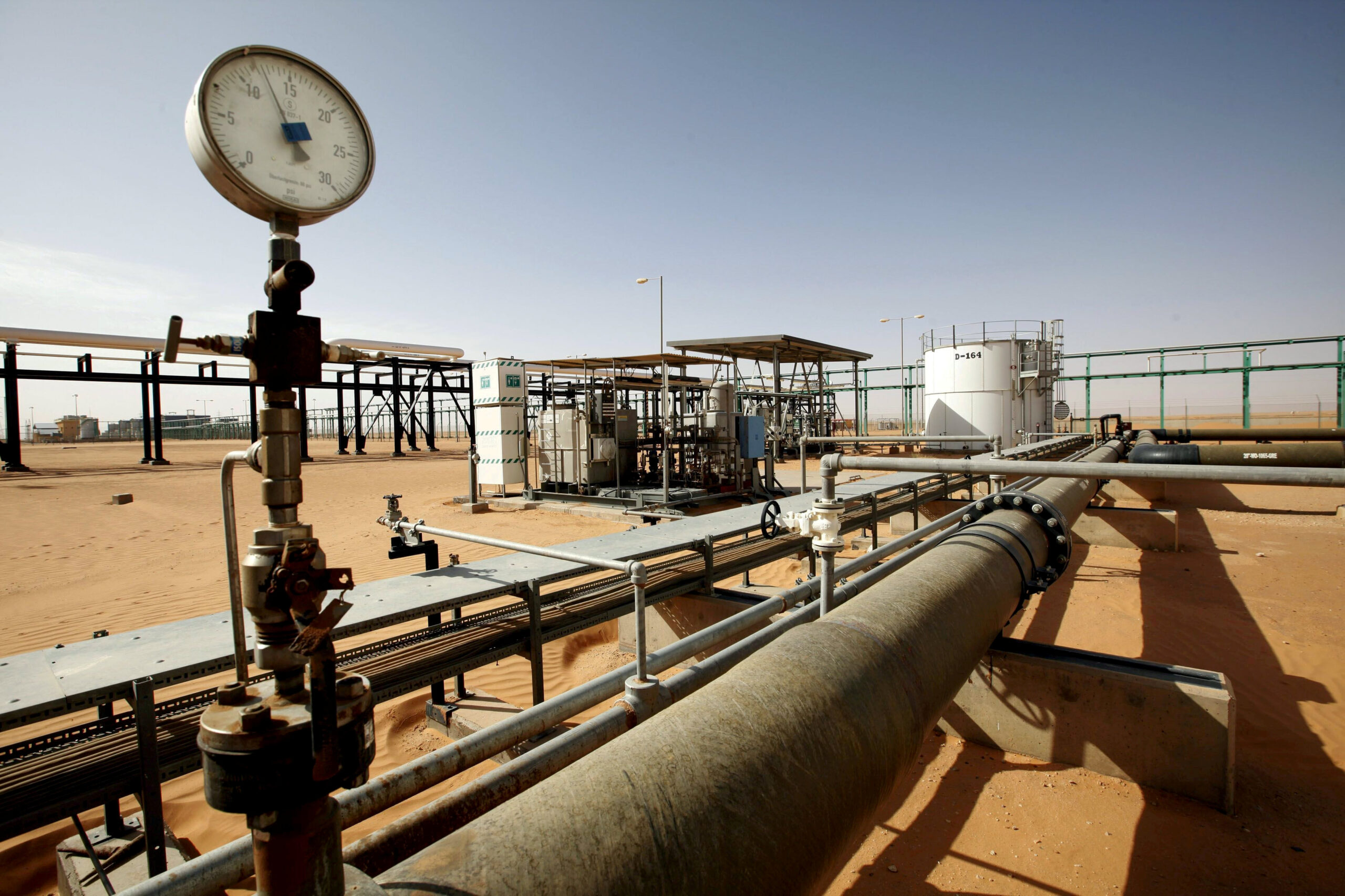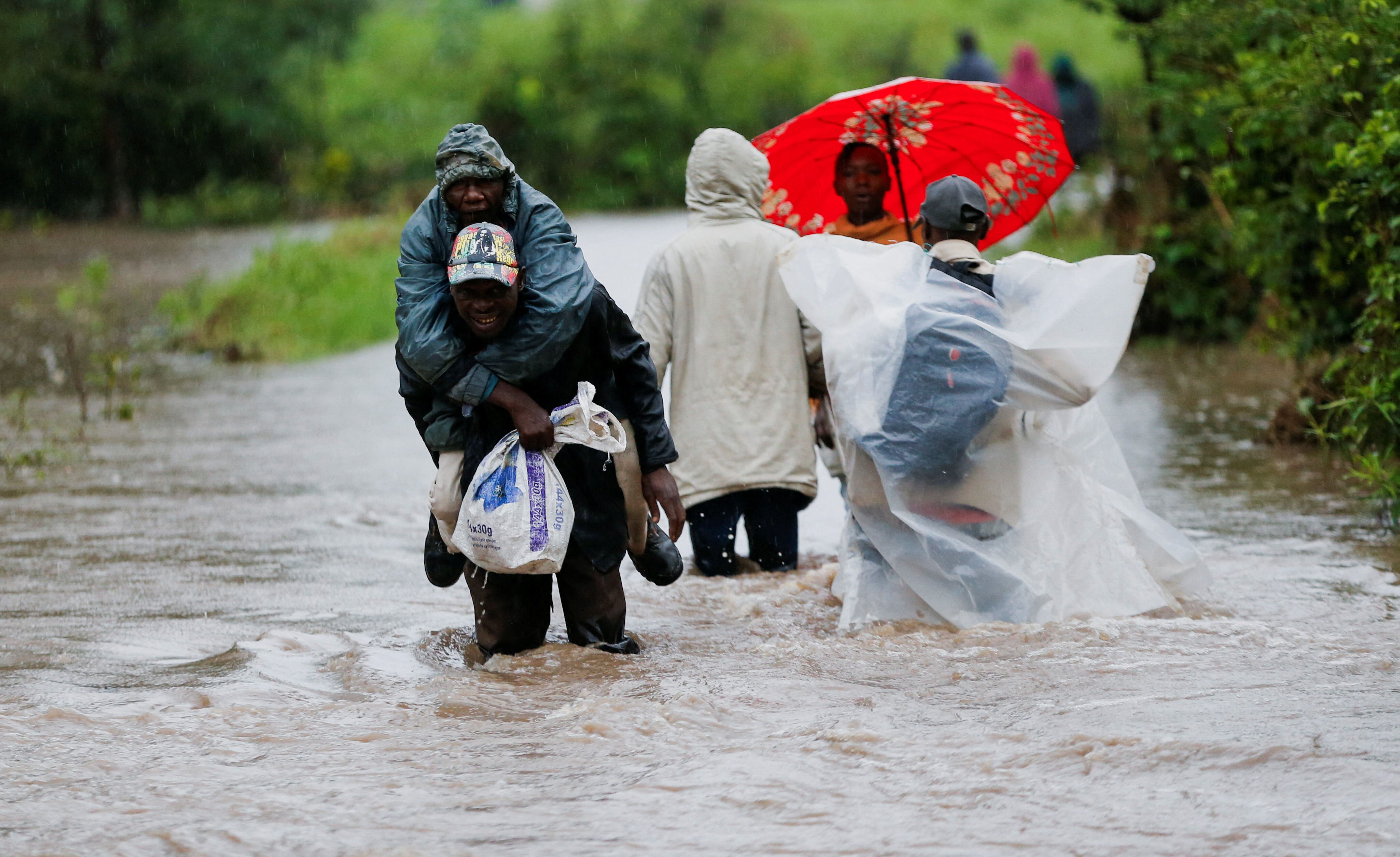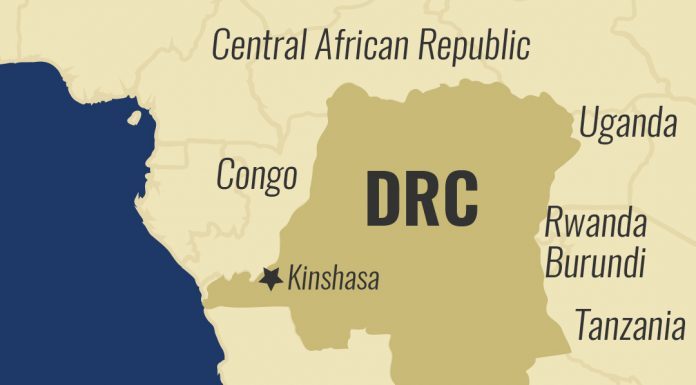
Libya oil blockade to remain unless demands are met, Haftar’s forces say

Forces loyal to Khalifa Haftar maintained that a blockade of Libya’s oil production will continue even as the North African’s national oil company decried international interference in the imposition of a blockade of oil exports.
Ahmed al-Mismari, a spokesman for Haftar’s forces, said in a video message posted online that they were demanding a share in the revenue earned from oil production.
Mismari went on to list conditions to be met, failure to the blockade will continue. The conditions include: depositing oil revenues in a bank account located in a third country, establishment of a mechanism to distribute proceeds equally and an audit of the Libyan Central Bank.
Oil production in Libya has fallen drastically to less than 100,000 barrels a day since January after groups loyal to Haftar shut down oil facilities in Libya’s eastern parts in an attempt to constrict the resources of the United Nations-backed Libyan government.
Meanwhile, Libya’s National Oil Corporation (NOC) issued a statement on Sunday blaming the United Arab Emirates for directing Libyan National Army to reimpose a blockade of oil exports.
“NOC has been informed that the instructions to shut down production were given to (the LNA) by the United Arab Emirates,” the statement read in part.
The NOC’s accusation came a day after the first legal export of Libyan oil since the blockade came into effect in January.
On Friday, the NOC announced a lifting of force majeure on all oil exports from Libya, a measure employed in extraordinary circumstances which allows it to be freed from liability in case of non-compliance with oil delivery contracts.
Libya, which is the largest oil reserve in Africa, is heavily-reliant on oil exports for state revenue but the ongoing civil war has severely affected its oil sector. The situation has also been complicated by disruptions by the COVID-19 pandemic and a dispute between Russia and Saudi Arabia over oil production.
The NOC has warned that a protracted reduction oil production could have serious long-term effects on infrastructure, such as the permanent impairment of efficiency of oil wells.




